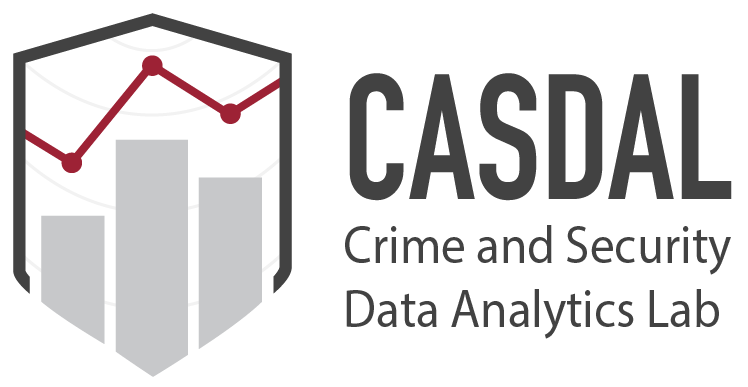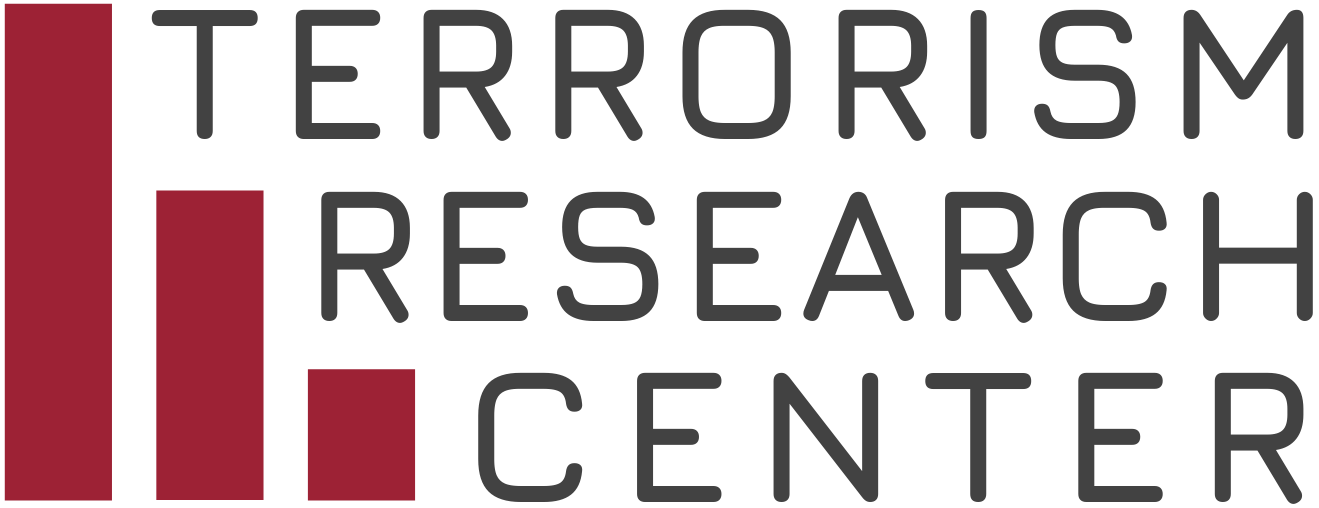
Established in 2020 as part of the Terrorism Research Center (TRC), the Crime and Security Data Analytics Lab (CASDAL) advances multidisciplinary research on domestic terrorism, hate crimes, and hate speech. By partnering with public and private agencies, CASDAL delivers high-quality, data-driven insights on the human causes and consequences of terrorism to support homeland security policymakers and practitioners. Our mission is to enhance science-based crime and security knowledge through qualitative and quantitative research projects.
Dr. Steven Windisch serves as the Associate Director of CASDAL and is currently working on two projects funded by the National Counterterrorism Innovation, Technology, and Education Center (NCITE). The first project focuses on examining electoral violence in the U.S., with the goal of developing criteria to assess the transition from political activism to political extremism. The second project seeks to identify the latest technologies and datasets related to domestic terrorism and targeted violence that the Department of Homeland Security can provide to its counterterrorism workforce.
CASDAL also offers undergraduate internships through the TRC. See below for more details.
CASDAL Resources & Projects
Terrorism Research Center Library
A comprehensive collection of research materials covering various terrorism-related topics, including homeland security, bias crimes, and ideological violence.
Terrorism and Targeted Violence Datasets
This repository provides snapshots for many of the terrorism datasets most frequently used by researchers, policymakers, and practitioners.
CASDAL Internship
Political and extremist groups have long used humor (e.g., jokes, memes, comic strips) to soften, disguise, or normalize harmful and divisive messages. The Jabs, Offensive Kracks, and Extremist Satire (JOKES) project examines this phenomenon by building a qualitative dataset and extensive archive of offensive, hateful, and damaging terminology found within humor-based discourse. CASDAL interns will support the collection, categorization, and coding of humor-based content. In doing so, CASDAL interns will gain hands-on research experience in qualitative coding, data entry, archival organization, and thematic analysis, while learning how to identify rhetorical, cultural, and ideological patterns in humor as a communication tool. By working on this project, CASDAL interns will contribute to a first-of-its-kind archive that documents how humor has been used to express and normalize harmful ideologies, offering valuable skills and insights for careers in research, policy, and social analysis.
Interns will be enrolled in class credit and are expected to work around 12 hours a week. More general FAQ’s and details can be found on the Internship page.


